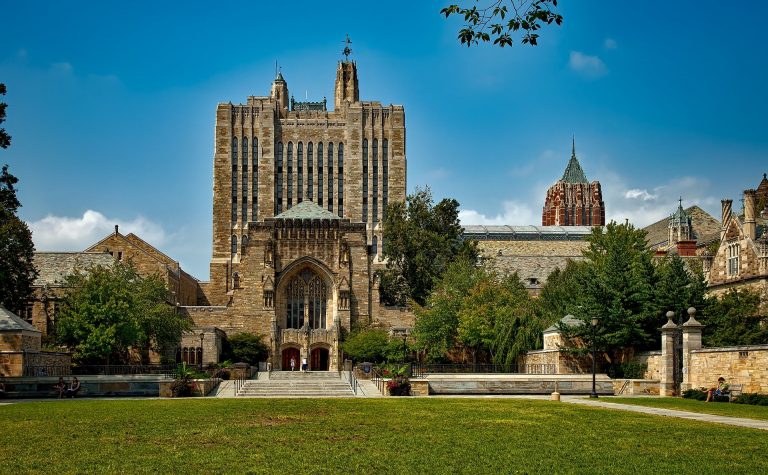On Jan. 9, a lawsuit was filed at the Illinois federal court against sixteen prestigious U.S. universities alleging that the educational institutions worked together to determine the financial aid to be awarded to students, thereby violating antitrust laws. The lawsuit was filed by multiple law firms representing five former students who had attended various universities.
“[The universities] have participated in a price-fixing cartel that is designed to reduce or eliminate financial aid as a locus of competition, and that in fact has artificially inflated the net price of attendance for students receiving financial aid,” the lawsuit argues.
According to America’s Schools Act of 1994, universities are allowed to collaborate while developing their financial aid formulas. However, this is only applicable if the universities do not take into account an applicant’s finances while making admission decisions.
The lawsuit states that during the admissions process the universities considered a student’s ability to pay, which is in violation of America’s Schools Act. The lawsuit asks the court to permanently end university collaboration when it comes to calculating financial needs and approving aid. It also seeks compensation for damages.
The universities named in the lawsuit include Yale, Northwestern, Georgetown, Brown, California Institute of Technology, Cornell, the University of Chicago, Emory, Columbia, Duke, Massachusetts Institute of Technology, Dartmouth, Vanderbilt, University of Pennsylvania, Rice University, and the University of Notre Dame.
Success
You are now signed up for our newsletter
Success
Check your email to complete sign up
The sixteen universities are part of the 568 Group, which consists of 21 universities and colleges that claim an exemption from federal antitrust laws while offering need-based aid. The exemption was created by Congress after MIT and eight Ivy League members were charged with price-fixing back in 1991.
College representatives would meet students who had received admission offers from more than one college and discuss aid offers. This practice is said to limit price competition. But colleges argue that the policy allows students to choose a college based on whether it fits them.
The recently filed lawsuit argued that though colleges have been granted an exemption from federal antitrust laws, nine colleges are not need-blind. Under a “true need-blind admissions system,” all students would be admitted to colleges without assessing the financial situation of the student or their family.
But the common methodology used by the colleges “assesses the income and assets of a given financial-aid applicant and their family” to determine the candidate’s ability to pay.
“At least nine defendants for many years have favored wealthy applicants in the admissions process. These nine defendants have thus made admissions decisions with regard to the financial circumstances of students and their families, thereby disfavoring students who need financial aid,” the lawsuit states.
These nine universities include MIT, U. Penn, Vanderbilt, Duke, Georgetown, Notre Dame, Northwestern, Dartmouth, and Columbia.
American college admissions are often accused of being too opaque. Only a few students pay the full tuition price while most others receive aid that cuts down the amount they spend on education. However, the aid packages can vary based on several factors. For many college aspirants, the packages might not be enough, and they will have to take student loans.
According to data compiled by the Education Data Initiative, 43.2 million Americans bear the burden of student loan debts. There is $1.75 trillion worth of student loan debt in the U.S.
The lawsuit was filed by Gilbert Litigators & Counselors, FeganScott, Berger Montague, and Roche Freedman. According to the lawyers, over 170,000 undergraduate students who had received partial financial aid at these universities in the past 18 years might be able to join the lawsuit as plaintiffs. One of the lawyers in the case, Eric Rosen, who is a partner at Roche Freedman, was a lead prosecutor of the 2019 Varsity Blues college admissions scandal.














